In the wake of increasingly fast-paced changes in our climate, the impact of wildfires is being felt for longer, and to a greater extent than ever before. In our communities, the health impacts of poor air quality are a constant concern. As a result, protecting the population’s health is at the forefront of several community-based initiatives focused on mitigating these risks.
One such initiative that has proven to be extremely successful is The BREATHE Project, a collaboration between Simon Fraser University and the BC Lung Foundation. Focused on improving the indoor air quality of community members, the project organizes workshops where participants learn how to assemble their own DIY (do it yourself) air cleaners.
Hillary Sheppard, a Community and Social Development Coordinator within the Northern Rockies Regional Municipality, recently found herself running a workshop in Fort Nelson. In an interview with Northern Health, Sheppard shared the story of how she ended up leading the event, why these workshops are so important, and the wider benefits of community-driven seminars.
Stepping up for Fort Nelson as a conduit between local government and the wider populace within the Northern Rockies Regional Municipality, Sheppard has a wealth of experience working with community groups. As a result, she was the first call for the BREATHE team when wildfires prevented their facilitator from making the Fort Nelson workshop.
Recounting the days leading up to the event, Sheppard shared, “We had been having such heavy smoke in the region, that during the week of the workshop, ash was raining down from the sky and covering our vehicles.” Throughout Fort Nelson that week, Sheppard recalls, there was an unmistakable gloom amongst residents brought on by the smoke from the wildfires.
Such was the extent of the fires, that in the days leading up to the workshop there were extensive highway closures, and Sheppard and the organizers considered postponing the event. However, upon realizing that the registry was full, Sheppard took on the mantle of facilitating to ensure the event would go ahead.
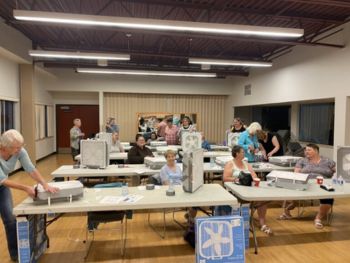
“Although I was nervous, I thought that the fact that everyone there was ready to help one another was beautiful, and despite the circumstances there was a lot of laughter and fun” she said. “We were all suffering the effects of the wildfires, but I just thought if we could all work together, we could figure things out and get something out of the situation.”
“It was such a beautiful way of supporting the community, by helping people help themselves, and by providing the equipment it just reduced any additional barriers to participation too. I have spent a lot of time thinking about community building, especially after the COVID pandemic, and the workshop is a great example of what can be done to mitigate the risks associated with isolation that often arises from emergency events.”
Rebuilding community connections
In addition to helping the participants build their own air filters, some attendees were also able to put together kits for members of the community who had registered but had been forced to stay at home due to the smoky conditions. This, Sheppard said, is just one example of how tight-knit the community of Fort Nelson is.
“Even though we’re small, when we see people coming together for these kinds of events, there is just so much gratitude expressed and a lot of connection building between people in the workshop,” she said. “It does a lot for people’s spirits, and I think we saw quite a few people who hadn’t seen each other in a long time.”
Moreover, one of the key aspects Sheppard says which led to the workshop’s success was giving participants the agency to build an air filter to protect them and their families. Oftentimes, extreme weather events leave people feeling helpless, but for the people of Fort Nelson, the practical element of the workshop proved to be a silver lining during an otherwise difficult week.
Summarizing these sentiments, Sheppard said that the “BREATHE workshop and similar events don’t necessarily ‘fix’ problems, but they make it easier to cope, help people feel purposeful, and above all improve the mood through small, joyful moments between community members.”
Tackling the mental impacts of wildfires
Having already touched on the positive impacts workshops like the DIY Air Filter event can have on community connections, Sheppard further highlighted the importance these seminars have on mitigating one of the consequences of extreme weather events, social isolation.
Workshops like the ones run by the BREATHE Project help citizens escape the overwhelming, turbulent feeling that wildfire season often brings and gives people the opportunity to work with others, empower one another, and create an environment that strengthens social bonds.
Born and raised in Fort Nelson, Sheppard recalled the workshop with an evident sense of pride in her community, who in her eyes demonstrate an incredible amount of grit and resilience, but still benefit immensely both mentally and physically from these events.
It takes a village
In addition to all the participants who attended the event, Sheppard emphasized the crucial role of the BREATHE Project, including Simon Fraser University, the BC Lung Foundation and all their other major funders in making the workshop possible.
Hillary Sheppard and the Fort Nelson community would also like to extend their thanks to the BC Lung Foundation, Simon Fraser University, Northern Health, Diemert Home Hardware, Kendyl Livingston and Marcel Rains, who supported the workshop in countless different ways.
Additionally, further workshops have been hosted in Fort Nelson with generous funding from Fortis BC and Beem Credit Union, giving more members of the community a much-needed barrier from some of the worst impacts of wildfire smoke within their homes.

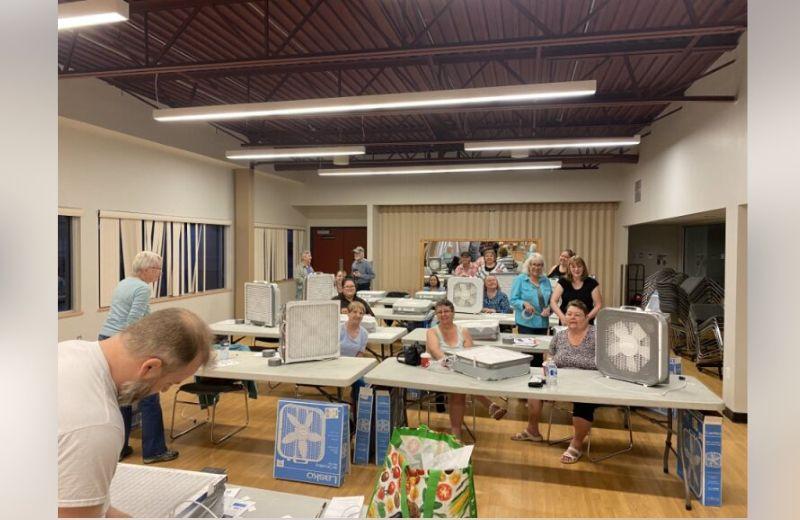










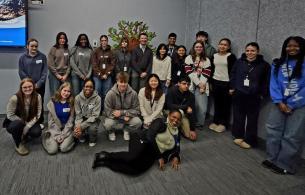
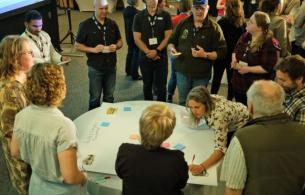
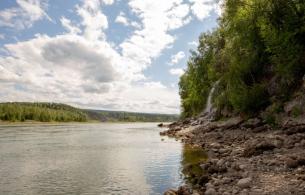
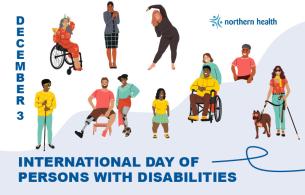
I would like to know the process for making these too! We experience a lot of dust in Fort St. John, -not just fire smoke. A cost effective solution for improving the air quality in my home is very interesting to me!